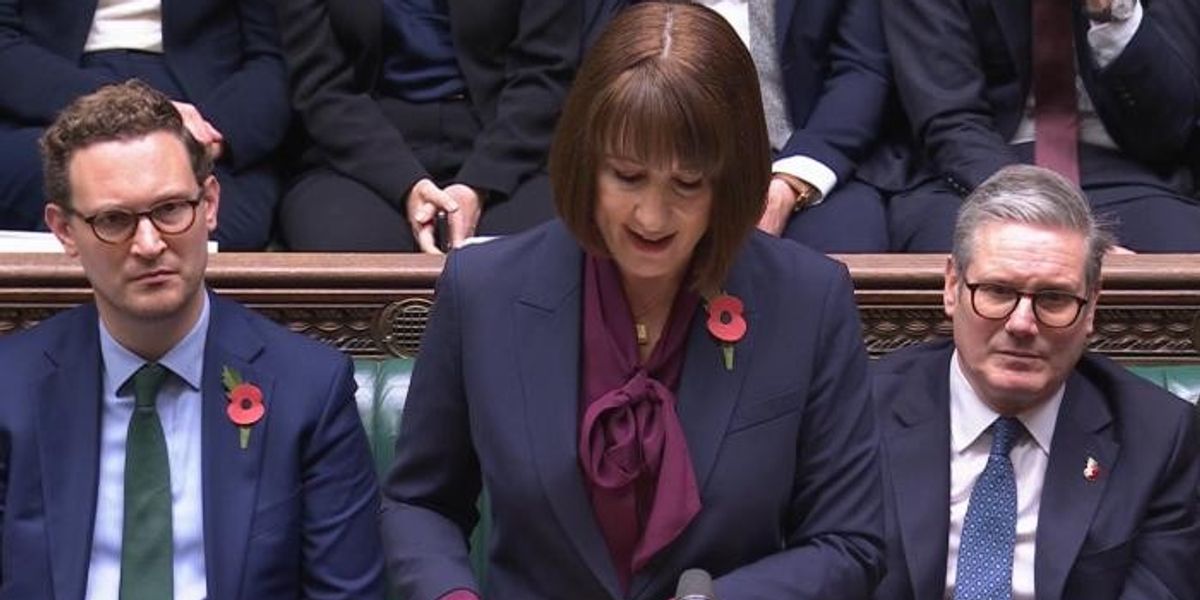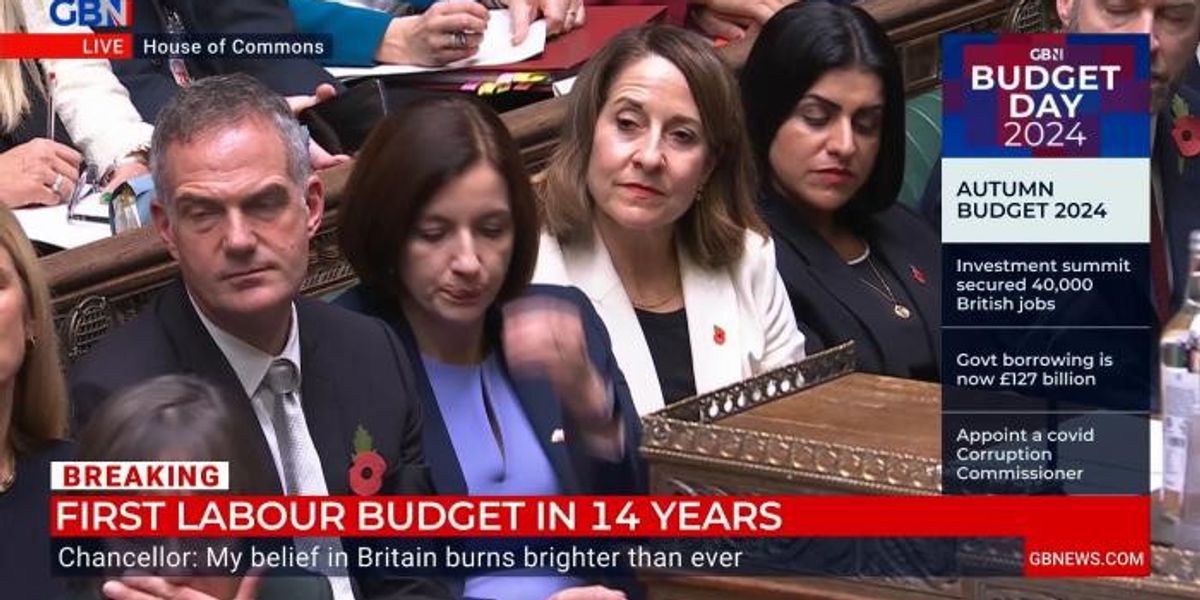Arizona, with its 11 electoral votes, has flipped between the Republican and Democratic nominees in recent elections. This year, polling shows that either candidate could win on November 5th.
Here’s everything you need to know about Arizona.
Polling
Current polling averages have former President Donald Trump with a slight, 2.2% lead over Vice President Kamala Harris, with the two candidates slated to receive 48.8% and 46.6% of the vote in the state, respectively.
Trump has maintained a lead over Harris in Arizona since mid-September, when the two were tied in a dead heat. Harris held a lead over Trump in Arizona in August, hitting a high water mark of 1.4% on August 22nd.
Recent polling from Gallup found that the economy and immigration are the top issues for Trump supporters, while Harris supporters name health care, Supreme Court appointments, and abortion as their top issues.
What The Candidates Are Saying
Both Trump and Harris are rallying in Arizona on Halloween, less than a week before the election, as they make their final pitches to voters in the state. Trump will be joining Tucker Carlson for a live interview in Glendale to benefit hurricane relief efforts, while Harris is hosting a “When We Vote We Win” rally in Phoenix.
The two have visited the state numerous times throughout their campaigns, each highlighting their core policy positions. Harris spoke at a rally in Chandler, Arizona earlier this month where she focused on the economy, healthcare, and abortion access, topics that voters consistently say are among their top issues.
“Ours is a fight for the future, and it is a fight for freedom like the fundamental freedom of a woman to make decisions about her own body and not have her government tell her what to do,” the Democrat said at her rally, also discussing the cost of living. “We will lower the cost on everything from health care to groceries, taking on, for example, the issue of corporate price gouging. I’ve done it before, and I’m going to do it again.”
Harris went on to allege that if elected, Trump would impose “a 20% tax on everyday goods and necessities,” seemingly referring to his tariff proposal.
Trump most recently appeared at a Tempe rally last week, where he railed against mass illegal immigration and blamed Harris for the “invasion” across the southern border.
“She has eradicated our sovereign border and she has unleashed an army of migrant gangs who are waging a campaign of violence and terror against our citizens,” Trump said. “My message today is very simple. Kamala’s migrant invasion, given to us through gross incompetence, disqualifies her from even thinking about being president.”
How Arizona Has Voted In The Past
President Joe Biden won the state in 2020 by a razor-thin margin of just 11,000 votes. Trump carried Arizona in 2016 by about 90,000 votes. The state went to the Republican presidential nominees in 2012, 2008, 2004, and 2000.
What Early Voting Shows
Early voting has begun in the state, with Bloomberg reporting that “the data shows a decline in early Democratic voters from 2020,” and Republicans “outpacing” Democrats at the ballot box.
While Republicans have cast more than 434,000 votes, Democrats are lagging behind at over 365,000 votes. Another 232,000-plus ballots have been cast by those with other or no party registration.
When Can We Expect A Result?
Americans may not know who won the key swing state until several days after the election.
Maricopa County is the state’s most populous county, and includes the cities of Phoenix, Scottsdale, and Tempe. Maricopa County recently announced that counting ballots from election day might take anywhere from 10 to 13 days. The county contains nearly 60% of the state’s registered voters, underscoring its electoral importance.
Republican Abe Hamadeh, the candidate for Arizona’s 8th congressional district, has criticized Maricopa County’s plan to administer the election, warning that it “fails to account the time voters need to complete the FOUR-PAGE ballot, setting the stage for long lines & chaos on Election Day.”
🚨🚨BREAKING🚨🚨
Today, I partnered with the Republican National Committee (@GOP) to call for an emergency meeting with Maricopa County to immediately review their flawed Election Plan. It fails to account the time voters need to complete the FOUR-PAGE ballot, setting the stage… pic.twitter.com/GWjXE9zA1I
— Abe Hamadeh (@AbrahamHamadeh) October 24, 2024
The Washington Post is similarly warning that the Arizona ballot “could create election day problems” because of how long it is. One early voter said that it took her 35 minutes to fill out the ballot, which includes 13 statewide ballot measures. The multi-page ballots could also create logistical issues for election administrators, presenting a higher risk that machines become jammed and take longer to count.
Voting Issues From 2020 To Now
Arizona has been plagued by concerns of voting irregularities and potential fraud in recent years. The state, and Maricopa County in particular, was a major hub of Stop the Steal rallies after the 2020 election amid concerns of potential fraud.
America First Legal, a conservative legal organization, is suing Maricopa and Yavapai Counties in what it calls “a landmark election integrity case.” The case alleges that Yavapai County’s “signature verification and curing procedures are unlawful, that it has been unlawfully canceling voter registration without their knowledge or consent, and that it maintains unstaffed drop boxes.”
Now some are concerned that illegal alien voting in the border state could impact electoral outcomes. America First Legal is also suing all 15 counties in Arizona, accusing them of failing to remove illegal aliens from the state’s voter rolls.
Undercover footage obtained by the Heritage Foundation in Arizona documents self-proclaimed non-citizens saying that they are registered to vote, with many explaining that they prefer Harris to Trump.
Maricopa County is now also ramping up security at its voting centers, even preparing drone patrols, police sniper teams, and armed guards for election day as some election officials have received threats.
Other Races To Watch
Republican Senate candidate Kari Lake currently trails her Democratic opponent, Rep. Ruben Gallego, according to polling averages. Recent polling from the Trafalgar Group has Gallego up four points against Lake, with the two candidates receiving 50% and 46% of the vote respectively.
Gallego has a wider lead according to the most recent polling average, however. The Democrat is estimated to have 49.8% of the vote compared to Lake’s 43.4%, giving Gallego a 6.4% lead. Democrats currently control the upper chamber of the legislature with a slim majority of 51 to 49. The two are running to replace outgoing Senator Kyrsten Sinema, a Democrat turned Independent who announced earlier this year that she would not be running for re-election.
Arizona has nine congressional districts, six of which are held by Republicans. Every Arizona congressman is up for reelection, with Republican Juan Ciscomani of the sixth Congressional district set to face Democrat Kirsten Engel in a rematch of the 2020 election. Ciscomani won the district, which encompasses the southeastern portion of the state, by 1.5 points in the last election. Campaign finance data shows that it has been the most expensive congressional race in the state, with nearly $14 million being raised for it.
Arizonans will also have the opportunity to vote on ballot measures, including Proposition 314, which would create “a new state crime that prohibits a person who is an alien from entering or attempting to enter this state directly from a foreign nation at any location that is not a lawful port of entry.”
There’s also Proposition 312, which would allow property owners to apply for property tax refunds if laws prohibiting illegal camping, loitering, public defecation, panhandling, and other similar crimes are not enforced. Proposition 313, meanwhile, would mandate that any individual convicted of child sex trafficking be imprisoned for life.

 By The Daily Wire (World News) | Created at 2024-10-31 11:05:09 | Updated at 2024-11-06 04:37:38
5 days ago
By The Daily Wire (World News) | Created at 2024-10-31 11:05:09 | Updated at 2024-11-06 04:37:38
5 days ago








